Youth-Centred Mentorship: An innovative approach to mentorship matching
Past research suggests that mentorship has a positive impact on both the employer and mentees (Ivey & Dupré, 2020). However, there are a lack of strategies, evidence, literature and models for how labour force attachment programs with a mentorship component can encourage organic and meaningful mentorship relationships within a formal program structure. The action of matching mentor and mentee represents a challenge and an area of needed research for organizations interested in supporting meaningful mentorship opportunities. Goosen (2009) bluntly advocates that the use of “forced pairing” leads to incompatibility.
The Youth-Centred Mentorship Approach (Y-CMA) represents an innovative concept developed to address this challenge.
Youth-Centred Mentorship Approach
The Y-CMA is a strength-based developmental approach and is informed by three key theories: Self-determination theory, empowerment theory, and intersectionality and social location literature. The hypothesis of this approach is that to support the longevity and ongoing success of participants’ engagement with mentorship throughout their careers, labour force attachment programs must support participants to develop internal motivation and personal capacity to value and pursue mentorship relationships during and beyond the duration of the program. The Y-CMA is a framework that creates spaces where participants are empowered to develop their own understanding of mentorship (autonomy & relatedness), reflect and identify what they want from mentoring relationships (autonomy) and understand what actions to take to accomplish their identified mentorship goals (competence).
The following is a quick breakdown of the eight steps within the Y-CMA.
Step 1: Relationship building
Foundational to the Y-CMA is the relatedness between participants and facilitators. This stage aims to create spaces where individuals can share about who they are, family of origin, cultural background, and any other topic which can help people get to know each other as unique individuals.
Step 2: Module 1 – What is mentorship and why is it beneficial?
This module is intended to help build understanding (capacity) around the potential impacts of mentorship and to emphasize the current desires and needs of participants (autonomy).
Step 3: Module 2 – What do you look for in a mentor?
Participants think critically about what type of mentor would help them accomplish the benefits they perceive (competency) as resulting from a mentorship relationship at this point in their life.
Step 4: Mentor recruitment
Career development professionals would then recruit mentors based on the insights from Step 3, while also encouraging participants to do the same.
Step 5: Module 3 – How do you find a mentor and ask?
This module focuses on finding a mentor, how to ask someone to be mentor and gives a snapshot of what mentorship “meetings” could be like (autonomy & competency).
Step 6: Mentor meet and greet
This activity is meant to act as an informal opportunity for participants and potential mentors to meet and interact with each other. Participants should be prepared to think critically and reflexively about the potential mentors they meet and consider which mentor they believe would be a good fit.
Step 7: Mentor matching
Following Step 6, participants will identify their top 3 mentors. They are then connected via online software (example: Mentor City) or email to further support their ability to affirm if it is a good match, based on their module training.
Step 8: In-person mentor training
This training is intended for both participants and confirmed mentors outlining organizational expectations, answering questions, and focusing on co-creating the expectations and intentions participants and mentors are setting for each other. During this time, facilitate some “get to know you” activities, discuss meeting rhythms and officially launch the mentorship relationship.
Joel Murphy is a PhD Candidate in Educational Studies at Mount Saint Vincent University, Nova Scotia. His areas of research are youth career development, futures research, program design, all done within an engaged scholar approach. Joel also works as an Impact and Innovation officer at the Centre for Employment Innovation, located at St. Francis Xavier University.
References
Jacobson, D., & Mustafa, N. (2019). Social Identity Map: A Reflexivity Tool for Practicing Explicit Positionality in Critical Qualitative Research. International Journal of Qualitative Methods.
Blake-Beard, Stacy, Bayne, Melissa L, Crosby, Faye J, & Muller, Carol B. (2011). Matching by Race and Gender in Mentoring Relationships: Keeping our Eyes on the Prize. Journal of Social Issues, 67(3), 622-643.
Dawson, Phillip. (2014). Beyond a Definition: Toward a Framework for Designing and Specifying Mentoring Models. Educational Researcher, 43(3), 137-145.
Deci, E., Connell, J., & Ryan, R. (1989). Self-Determination in a Work Organization. Journal of Applied Psychology, 74(4), 580-590.
Deci, E., Koestner, R., & Ryan, R. (2001). Extrinsic Rewards and Intrinsic Motivation in Education: Reconsidered Once Again. Review of Educational Research, 71(1), 1-27.
Goosen, X. (2009). The nature of mentorship in an industrial goods and services company. Acta Commercii, 9(1), 41–59. https://doi.org/10.4102/ac.v9i1.93
Ivey, G. W., & Dupré, K. E. (2022). Workplace Mentorship: A Critical Review. Journal of Career Development, 49(3), 714-729. https://doi.org/10.1177/0894845320957737
Lerner, R. M., Napolitano, C. M., Boyd, M. J., Mueller. M. K., Callina K. S. (2013) Mentoring and Positive Youth Development. In DuBois, D. L., & Karcher, M. (Eds.). Handbook of youth mentoring. SAGE Publications.
Njeze, C., Bird-Naytowhow, K., Pearl, T., & Hatala, A. (2020). Intersectionality of Resilience: A Strengths-Based Case Study Approach With Indigenous Youth in an Urban Canadian Context. Qualitative Health Research, 30(13), 2001-2018.
Messineo, L., Allegra, M., & Seta, L. (2019). Self-reported motivation for choosing nursing studies: A self-determination theory perspective. BMC Medical Education, 19(1), 192.
Tafvelin, Susanne, & Stenling, Andreas. (2021). A Self-Determination Theory Perspective on Transfer of Leadership Training: The Role of Leader Motivation. Journal of Leadership & Organizational Studies, 28(1), 60-75.
To, S., & Liu, X. (2021). Outcomes of Community-Based Youth Empowerment Programs Adopting Design Thinking: A Quasi-Experimental Study. Research on Social Work Practice, 31(7), 728-741.
Zimmerman, M. (1995). Psychological empowerment: Issues and illustrations. American Journal of Community Psychology, 23(5), 581-599.


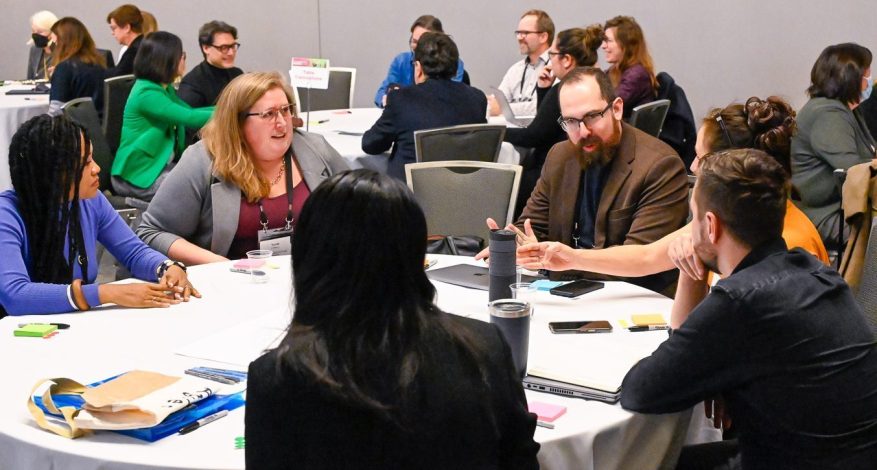





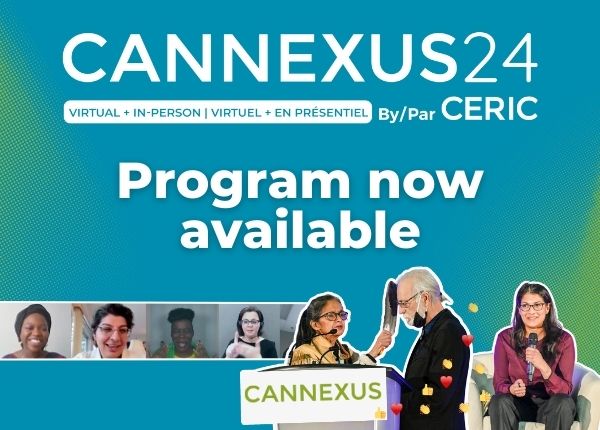
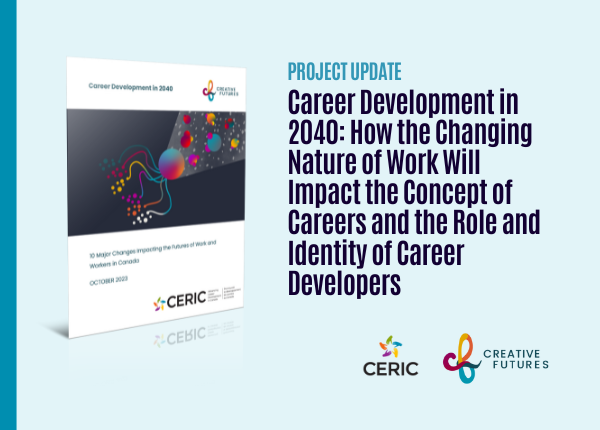
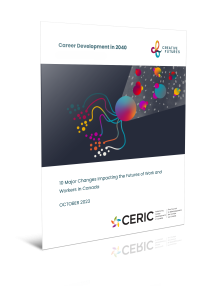

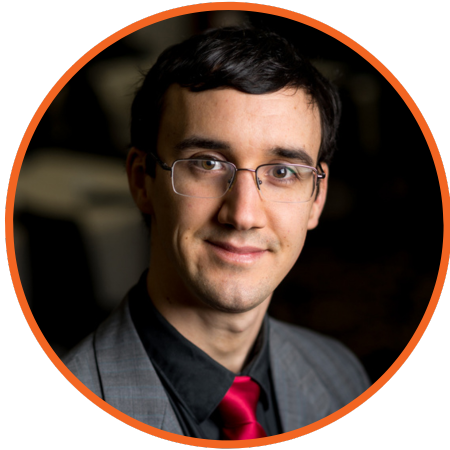

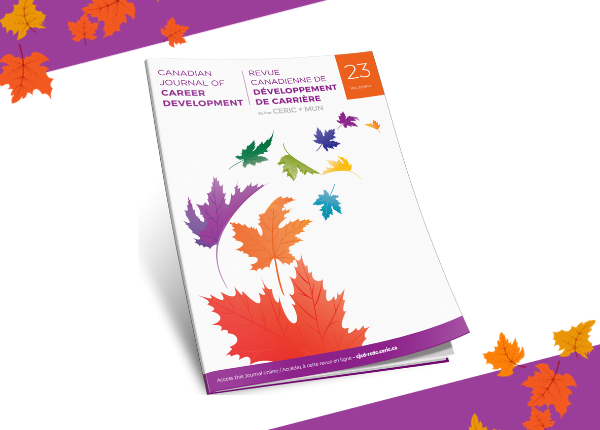
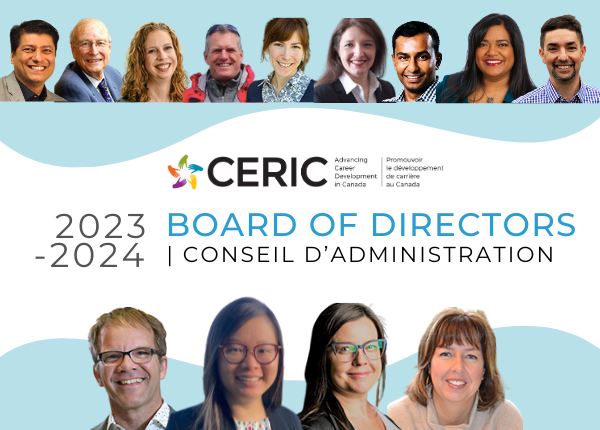
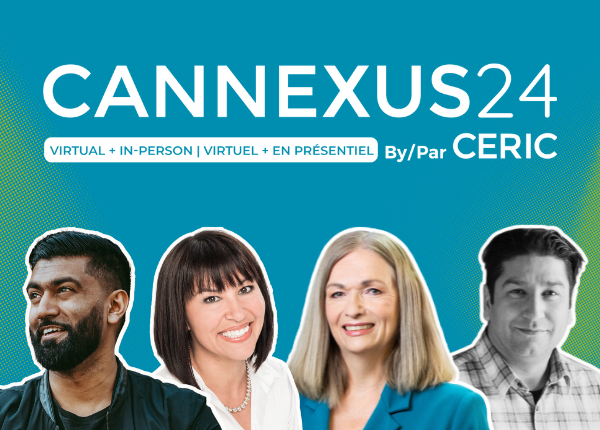
 Hamza Khan
Hamza Khan Chantal Petitclerc
Chantal Petitclerc Dr. Nancy Arthur
Dr. Nancy Arthur Dr. Sean Lessard
Dr. Sean Lessard